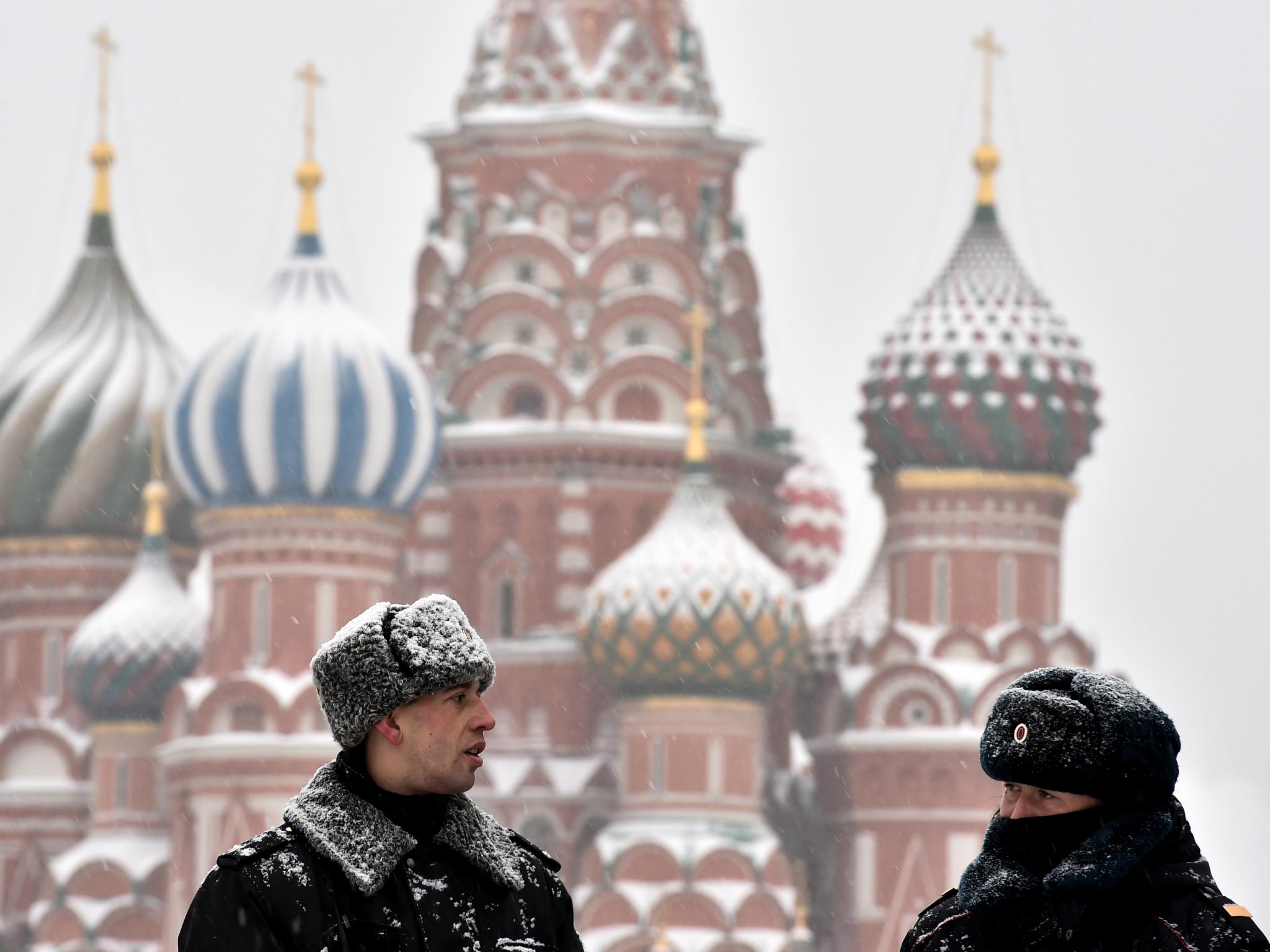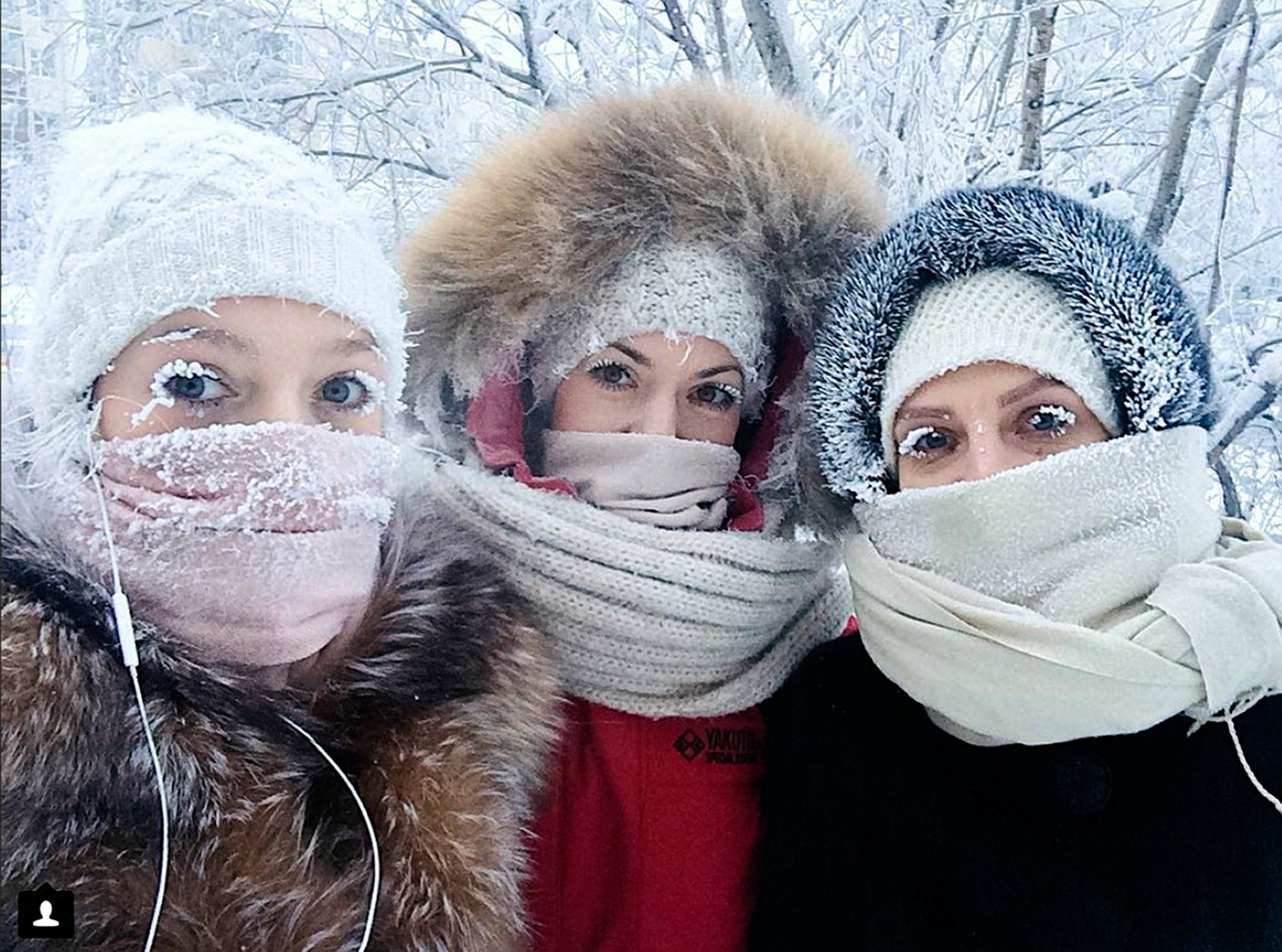December was darkest month in Moscow’s recorded history with six minutes of sunshine
'The duration of sunshine in December usually amounts to tens of hours', say meteorologists

Your support helps us to tell the story
This election is still a dead heat, according to most polls. In a fight with such wafer-thin margins, we need reporters on the ground talking to the people Trump and Harris are courting. Your support allows us to keep sending journalists to the story.
The Independent is trusted by 27 million Americans from across the entire political spectrum every month. Unlike many other quality news outlets, we choose not to lock you out of our reporting and analysis with paywalls. But quality journalism must still be paid for.
Help us keep bring these critical stories to light. Your support makes all the difference.
For those who suffer from seasonal affective disorder (SAD), Moscow ought to be high on the list of places to avoid in winter.
The sun failed to shine for almost an entire month in the Russian capital – the bleakness broken only by a record-breaking low of just six minutes direct sunshine over December.
It is not unusual for the last month of the year to be Moscow’s darkest, but 2017’s December took gloominess to a whole new level, as the month’s average is 18 hours of direct sunshine.
“Last December was the darkest month in the history of weather observations,” Russian weather service Meteonovosti reported on Monday.
“This year is just an amazing situation,” said Roman Vilfand of the Moscow State University’s meteorological station. “The duration [of the appearance of the sun] in December usually amounts to tens of hours.”
Speaking to Russia’s RBC magazine, he explained that cyclonic eddies were observed “anomalously often” in December, which had led to cloudiness.
“It was also very warm weather. More than 5.8 degrees above normal. This is due to the movement of air masses from the Atlantic, and it is from there the cyclones come to us. This led to the fact that there was practically no sun,” Mr Vilfand added.
The last record for darkness was set in December 2000, when Moscow saw three hours of direct sunlight over the entire month.

Russian winters are notoriously cold, but this week, the mercury divebombed to -67C in Yakutia in north eastern Russia. People posted photographs on social media of their eyebrows and eyelashes freezing.
In Moscow the temperature is currently around -7C.
Subscribe to Independent Premium to bookmark this article
Want to bookmark your favourite articles and stories to read or reference later? Start your Independent Premium subscription today.
Join our commenting forum
Join thought-provoking conversations, follow other Independent readers and see their replies
Comments